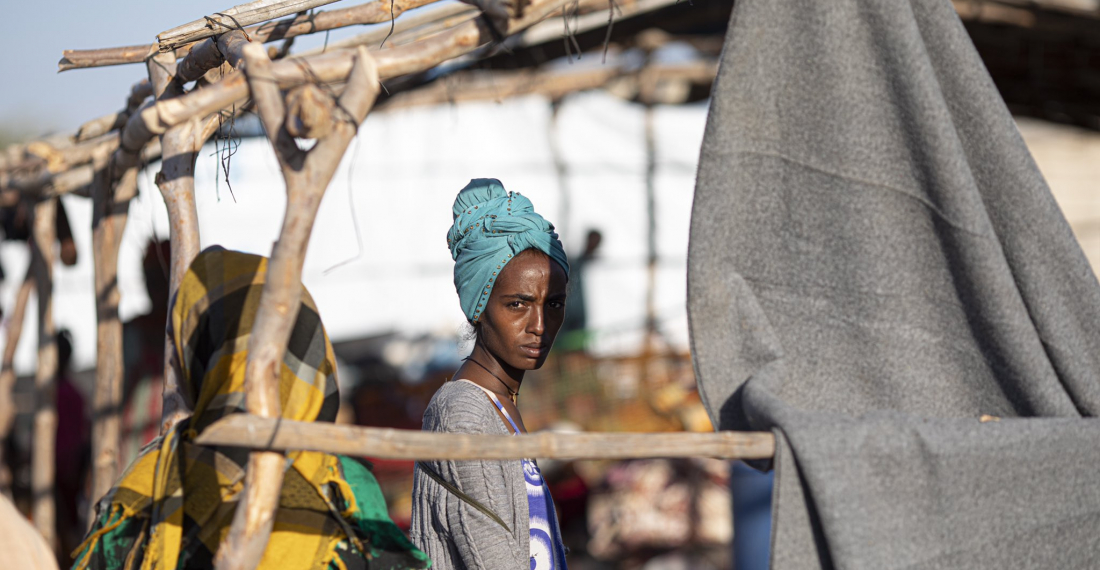The United Nations Under-Secretary-General for Humanitarian Affairs, who is also the organisation's Emergency Relief Coordinator, Mark Lowcock, warned that the situation in Ethiopia's Tigray region could trigger wider destabilisation given the security vacuum caused by the recent military campaign.
Ethiopian troops are currently deployed in Tigray's war-torn area. Lowcock said the Ethiopian government-controlled between 60 and 80 percent of the territory in Tigray, but does not have full command of the Amhara militiamen and Eritrean forces operating in the region.
Mark Lowcock made the comment in an address to the Security Council on Wednesday, suggesting that there were reports of insecurity in other regions across Ethiopia. The UN official also expressed concern regarding allegations of sexual and gender-based violence in Tigray.
Lowcock also raised concerns about the deteriorating humanitarian situation in Tigray. Many residents of Tigray have fled from the region, many who remain did not receive aid due to impeded access for humanitarian workers. During the closed-door meeting on Wednesday, the UN Security Council called for increased humanitarian aid to Tigray, with UN spokesman Stephane Dujarric saying further access should be provided to the region and that opportunities to deliver aid remained fragile.
“Very little is being allowed in; what we need is to be able to just get in there in an unfettered manner without having to, I guess, negotiate for every truck, for every box,” Dujarric said.
Dujarric added that aid needs to pass via Ethiopia
“We work cooperatively with the government, and it’s their country... we have to go through them, and that’s the way it should be...But there is a grave humanitarian need in Tigray, and at this point, we’re not able to reach the people that need to be reached.”
Ethiopian federal troops entered Tigray as part of a retaliatory response to alleged attacks on 4 November. According to the UN, an estimated 100,000 people are displaced in Tigray and some 60,000 people have taken refuge in Sudan.







